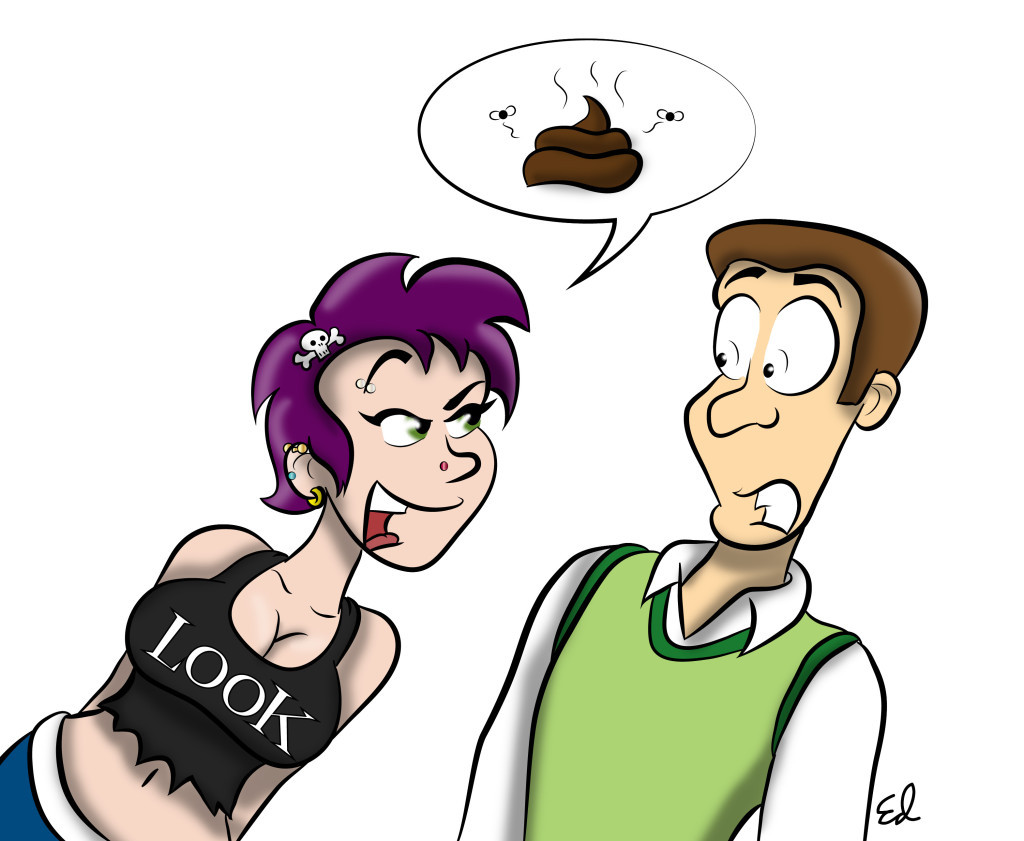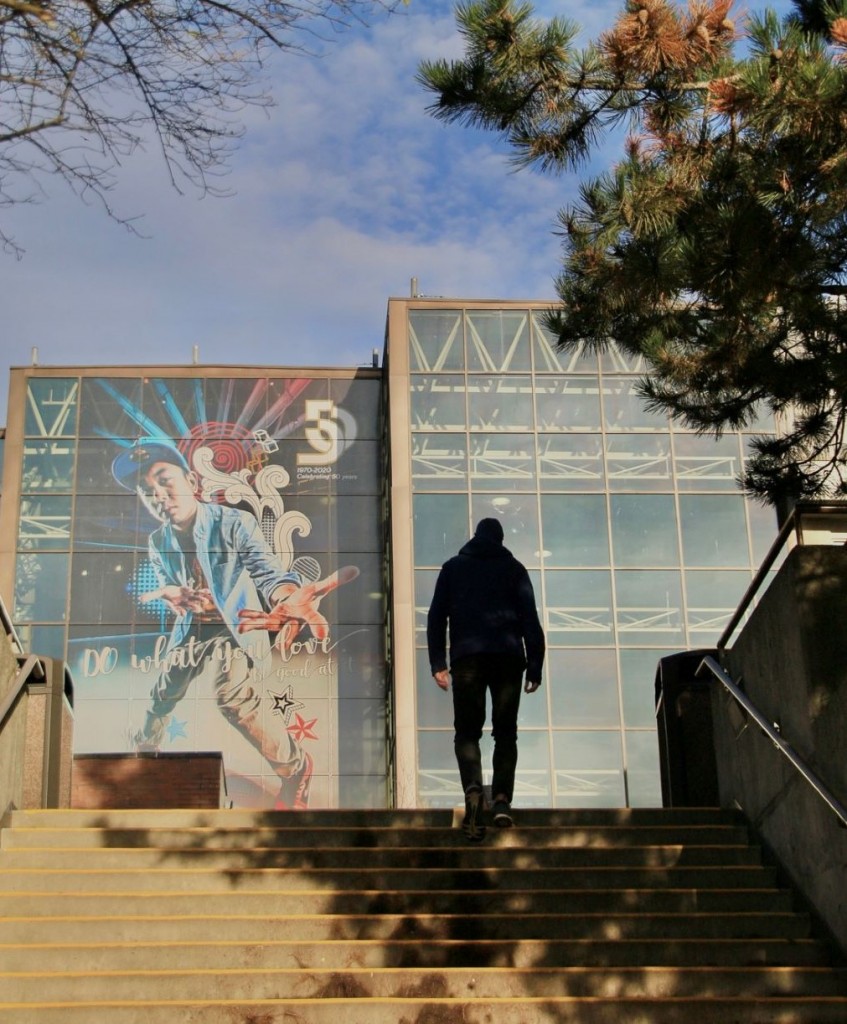By Natalie Serafini, Opinions Editor
I must confess that, although I work for a school newspaper and I ought to be on the up-and-up for what’s going down at Dougie, I’m woefully uneducated on the Douglas Students’ Union (DSU). I’m vaguely aware of the occasional sign or stand emblazoned with some DSU cause as I hurry through the concourse; I advocated for the U-Pass; and I’m familiar with the recurring pub nights. Other than that, my DSU knowledge is essentially non-existent. They do something, and they seem pretty organized in doing whatever that is—but that something is a question mark in my mind.
Still, as someone who counted down the days to her 18th birthday to get a ballot in hand, I generally take note when the word “election” starts cropping up in conversation. It’s my second year at Douglas College, and this year’s elections are notably different. Namely, there is no opposition to the current student union party. No nail-biting this year, the elections will likely result in a landslide for the Students United. What do Douglas students know about the services provided to them by their union? And what do they think of the lack of variety in electoral options?
Doneli Roman wasn’t familiar with the DSU’s services, stating, “I haven’t used it very often, so I don’t really go there often.”
Asked how familiar he is with the DSU, Chris Iallonardo said that, apart from the Pub Nights, “I actually had no clue, like, no interaction whatsoever with it.”
Orsolya Simon said, “I can assume what they do? They try to help the students out with everything that they can.” Simon emphasized the need for student awareness in this regard, though: taking a quick survey of her friends, she noted that out of “five students, nobody knows what they do.”
Mandeep Singh voiced support for the pub nights, and said that he appreciated the fact that the DSU acts as a voice for students.
Katie Cauldron had great things to say about the DSU and its services, noting the help that she got between them and financial aid, and listing DSU services like printing, faxing, and a food bank.
On the subject of there being a single party in the elections this year, Iallonardo said, “I think it’s just a lack of awareness, again. No one puts out the effort to go out and challenge them. But that would be cool if they did.”
With regards to the singularity in the voting options this year, Simon said, “I think that’s weird. I mean, there should be opposition, because you want more choices.”
Cauldron felt that there wasn’t a need for more names on the ballots. She said, “I think that [the union’s] pretty good. I mean, everybody that I’ve talked to seems to know the school community. They know who’s who and what’s what, kind of thing. And they reach out… I think they’re doing a really good job.”
Confession time again: I’m relieved that I’m not the only one who needs a DSU education. I think the lack of awareness is partly because the DSU services are so diverse—encompassing clubs, lockers, the Women Centre, the Pride Collective, and much more—but there’s also a distinct shortage in student engagement. This is understandable considering the many aspects of college life that have to be juggled; adding awareness of union responsibilities and activities to the mix isn’t exactly appealing.
Nonetheless, the apathy should end when deciding who will represent us as students. There was no opposition to the union this year, and hopefully that won’t become a pattern in Douglas College elections. I’m unaware of any glaring issues with the current representative committee—possibly as a result of my lack of awareness—but regardless of problems, little will change or develop if there is no discussion or debate on what’s best for students. We need to be active in directing our union towards services and initiatives that are important to us. They can’t be our voice if we don’t tell them what to say.

